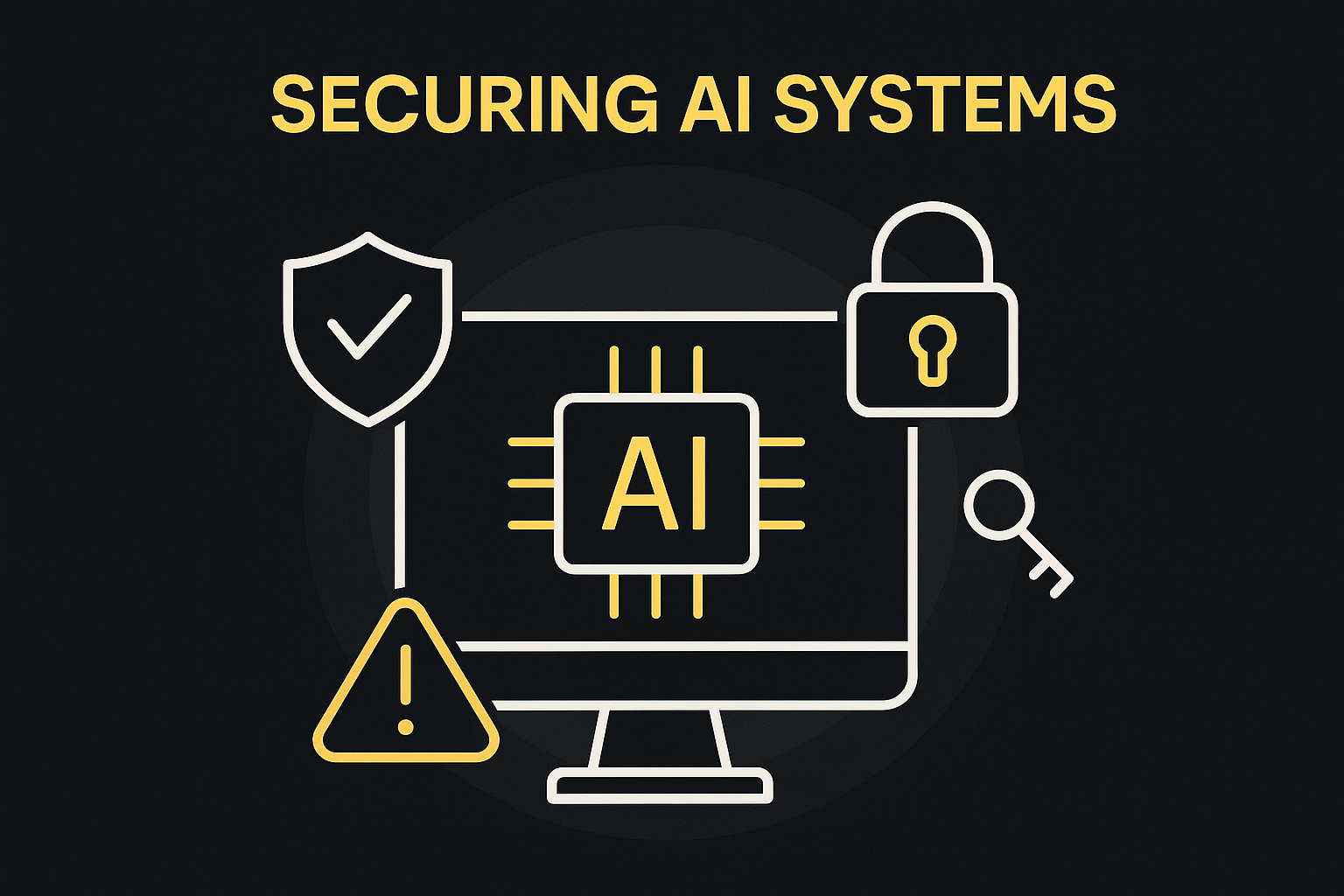Schedule a Demo
Operations managers are the backbone of any successful event. Their role involves not just overseeing the day-to-day operations but also ensuring that every aspect of the event runs smoothly. This includes vendor selection, which is critical for the success of any event planning endeavor. I've worked with numerous operations managers who emphasize the importance of a meticulous vendor selection process to align with the strategic goals of their events.
The initial step in finding the right event planning vendor involves extensive research. Operations managers often start by leveraging industry networks, attending trade shows, and utilizing online platforms like Cvent or Eventbrite to discover potential partners. They look for vendors who have a proven track record, often checking reviews and case studies to gauge reliability and quality of service.
When selecting an event planning vendor, operations managers prioritize several key factors. These include the vendor's experience in handling similar events, their ability to customize services to meet specific needs, and their reputation for professionalism and reliability. Cost is also a significant factor, but it's often weighed against the value the vendor can bring to the event. I've seen operations managers go for a higher-priced vendor if they believe the service will significantly enhance the event's success.
Alignment with the company's core values is crucial. Operations managers seek vendors who not only provide top-notch services but also share similar ethical standards and business practices. This alignment ensures that the event reflects the company's brand and culture, which is vital for maintaining consistency and integrity in all business operations.
Technology plays a pivotal role in streamlining the vendor search process. Operations managers use CRM systems and vendor management software to track interactions, manage contracts, and evaluate performance metrics. Tools like Salesforce or specialized event management platforms help in organizing and analyzing data, making the selection process more efficient and data-driven.
Once potential vendors are identified, operations managers engage in direct communication to discuss their needs and expectations. This stage involves negotiating terms, discussing budgets, and setting clear deliverables. Effective communication is essential to ensure that both parties are on the same page and can work collaboratively towards the event's success.
Operations managers carefully evaluate vendor proposals, looking at the proposed solutions, timelines, and budget breakdowns. They often compare multiple proposals to ensure they are getting the best value for their investment. This evaluation process is thorough and often involves input from other stakeholders within the organization to make a well-informed decision.
To gain a deeper understanding of a vendor's capabilities, operations managers may conduct site visits or arrange meetings. These interactions allow them to see the vendor's operations firsthand, meet the team, and discuss the event's specifics in detail. Such visits are invaluable for building trust and ensuring that the vendor can meet the event's requirements.
References and testimonials play a significant role in the vendor selection process. Operations managers often reach out to past clients of the vendor to gather feedback on their experience. This direct insight helps them assess the vendor's performance and reliability, providing a clearer picture of what to expect.
The final decision to select an event planning vendor is a culmination of all the previous steps. Operations managers weigh all the gathered information, from the initial research to the detailed evaluations and personal interactions. The chosen vendor should not only meet the event's logistical needs but also align with the company's strategic vision and values.
After the event, operations managers conduct a thorough evaluation of the vendor's performance. This includes assessing whether the vendor met the agreed-upon deliverables, how they handled any challenges, and their overall contribution to the event's success. Maintaining a good relationship with the vendor can lead to future collaborations, making this evaluation crucial for long-term partnerships.
The landscape of vendor selection for event planning is continually evolving. Operations managers must stay abreast of new trends, technologies, and best practices to ensure they are selecting the best partners for their events. This ongoing learning and adaptation are essential for staying competitive and delivering exceptional events.
